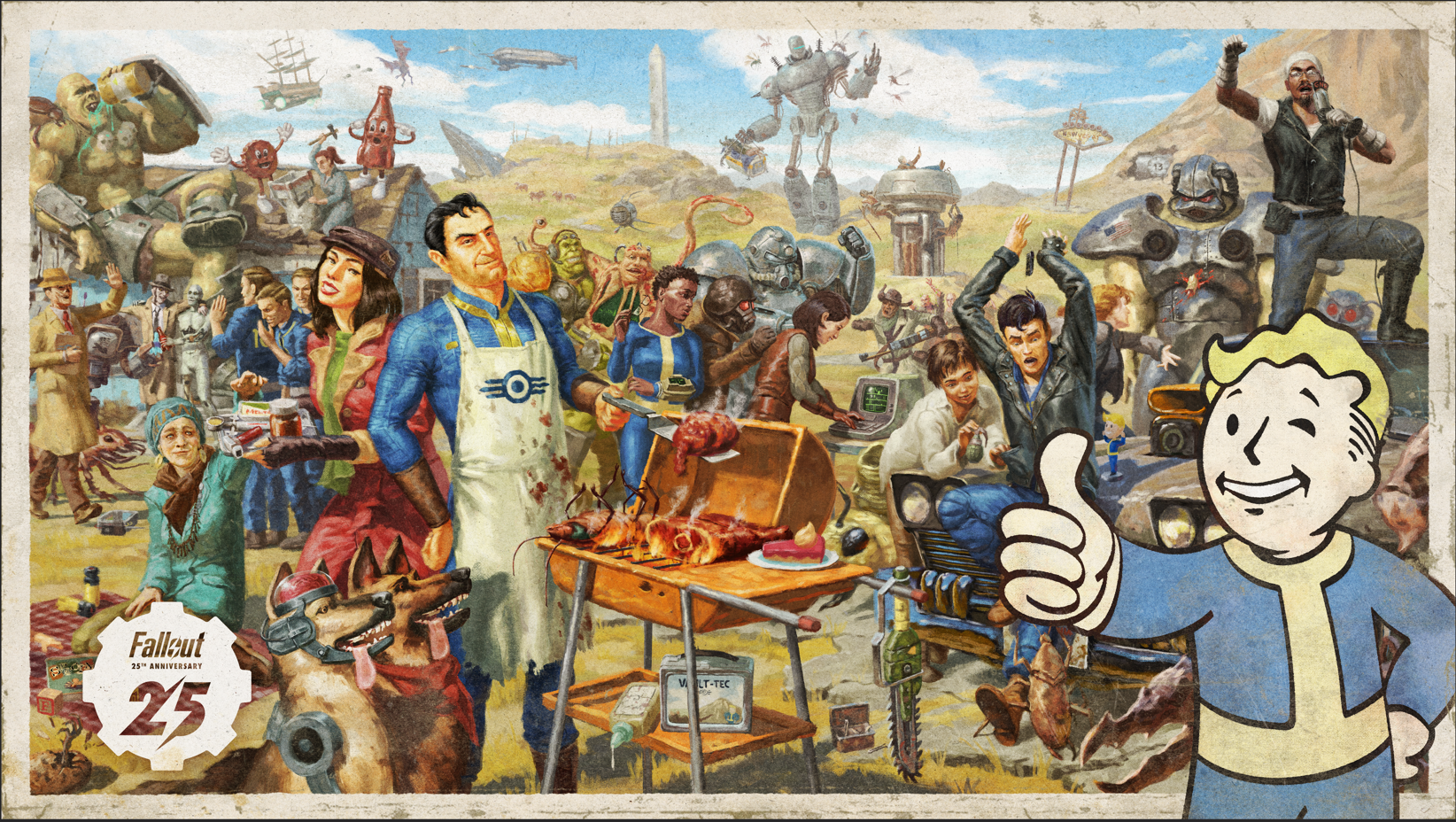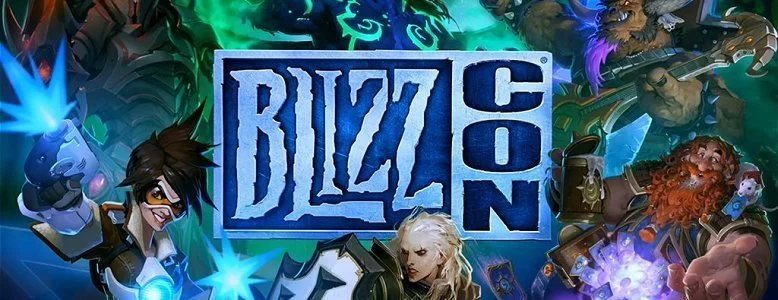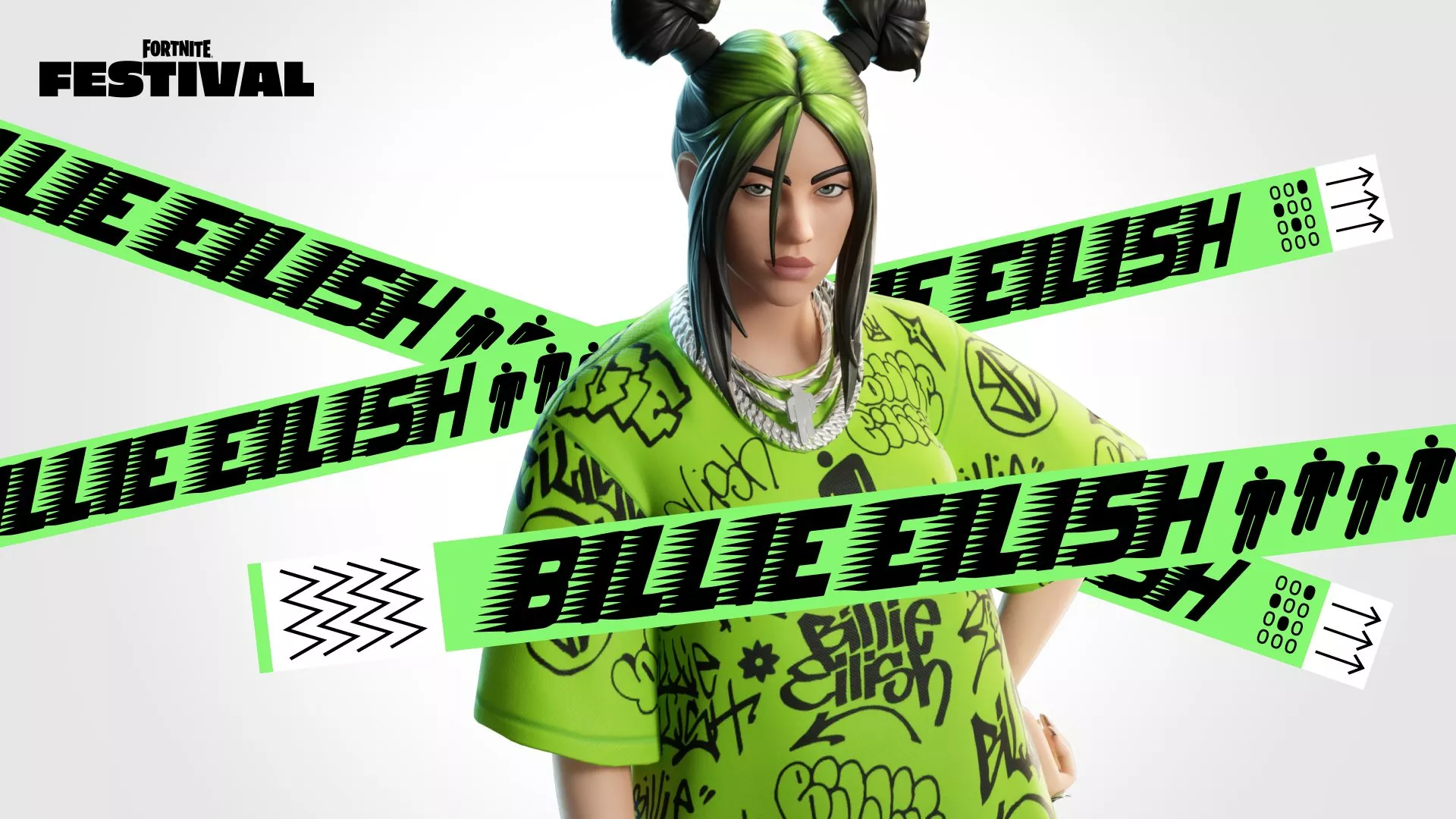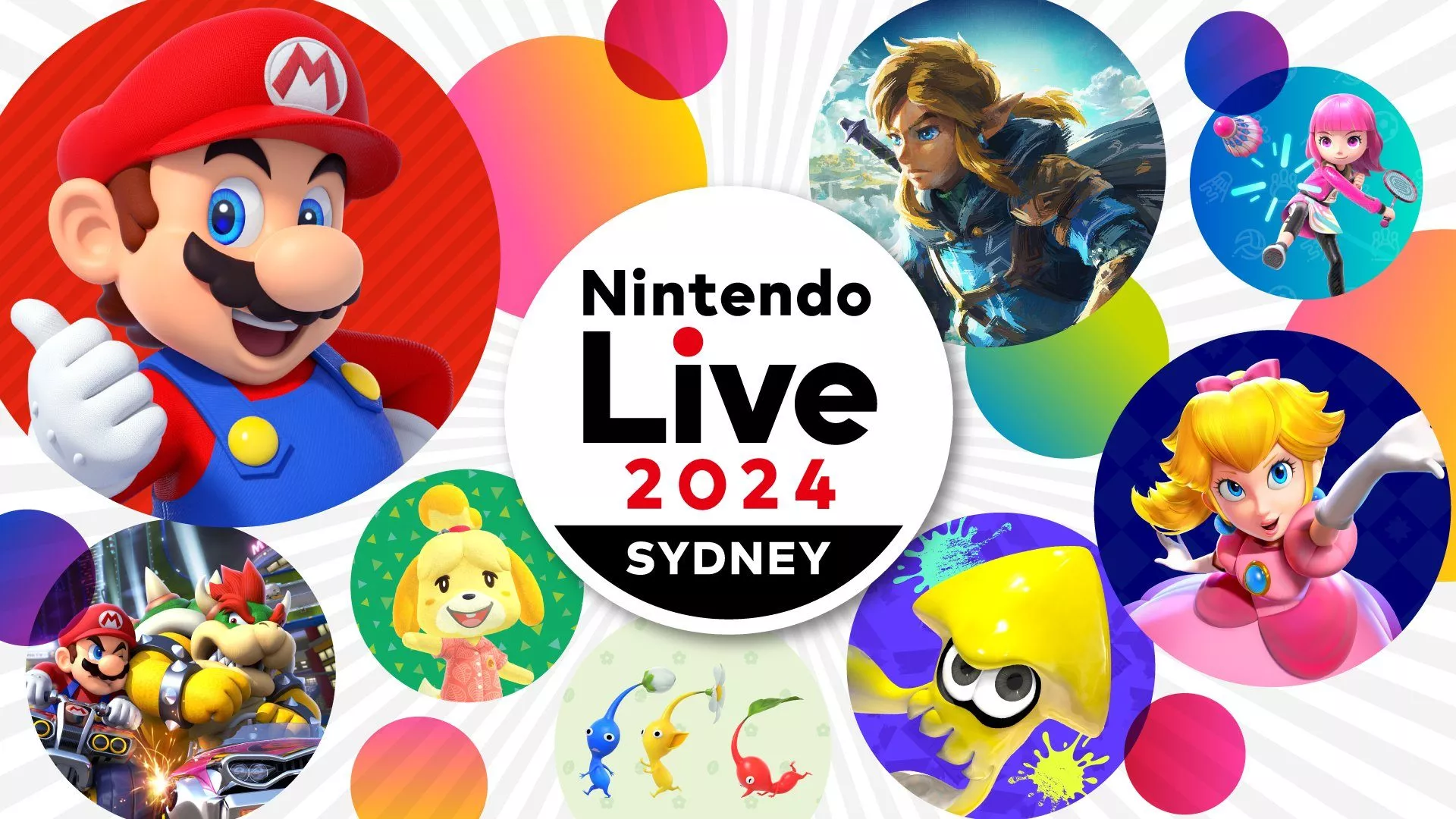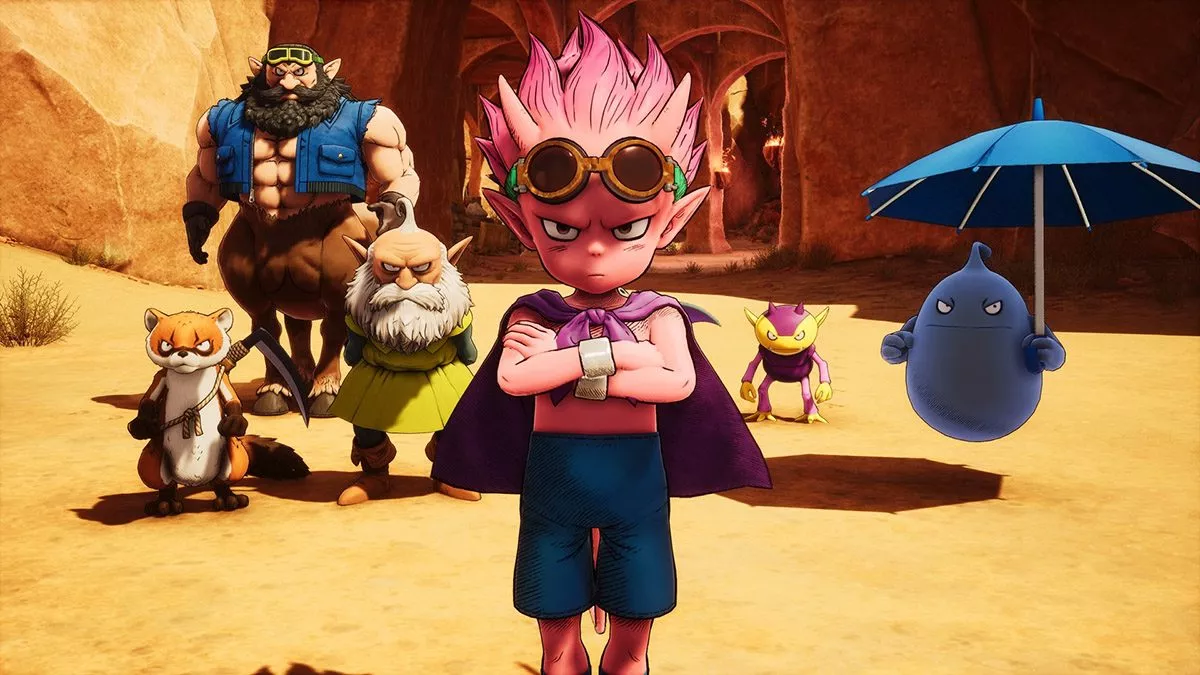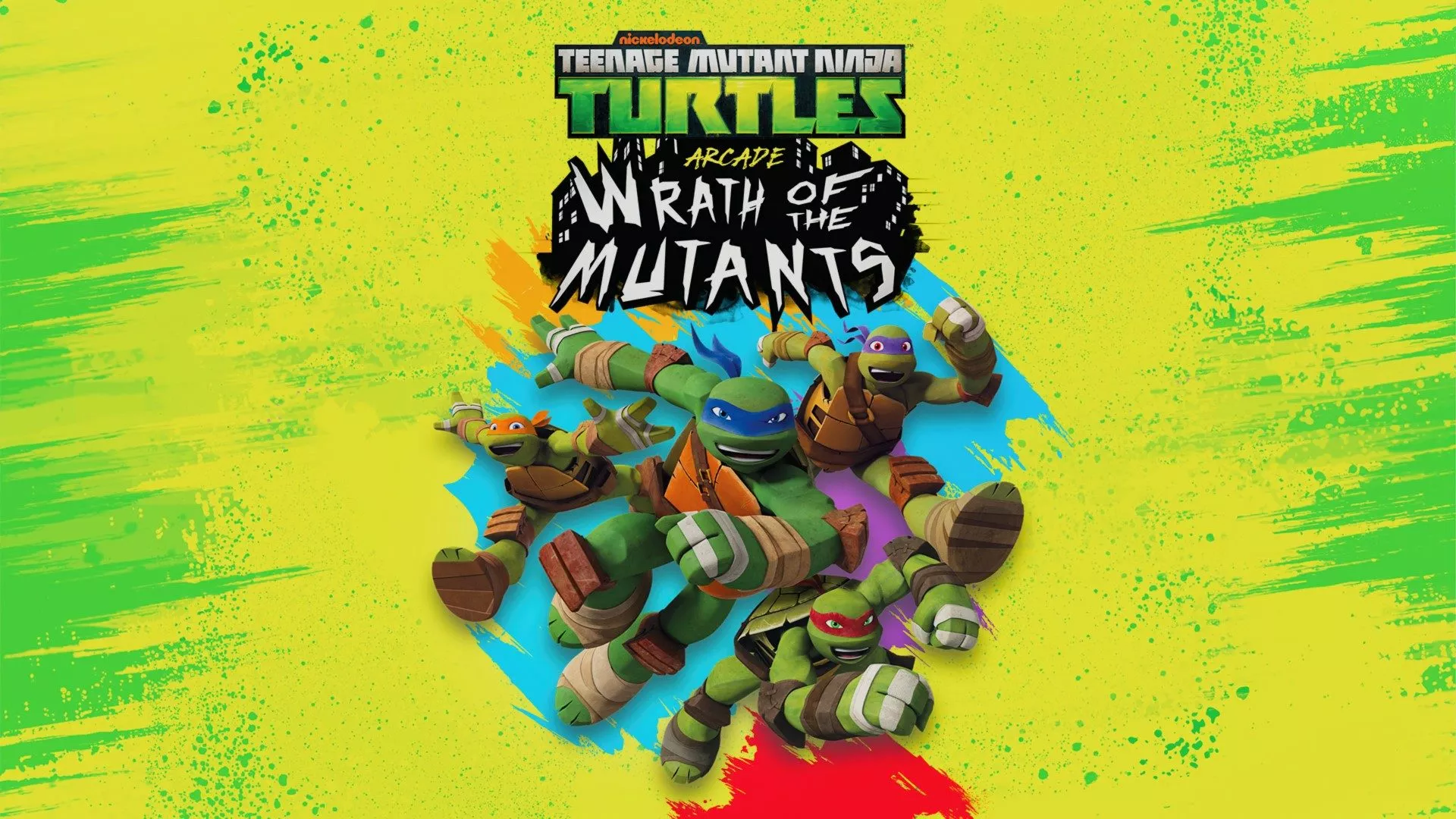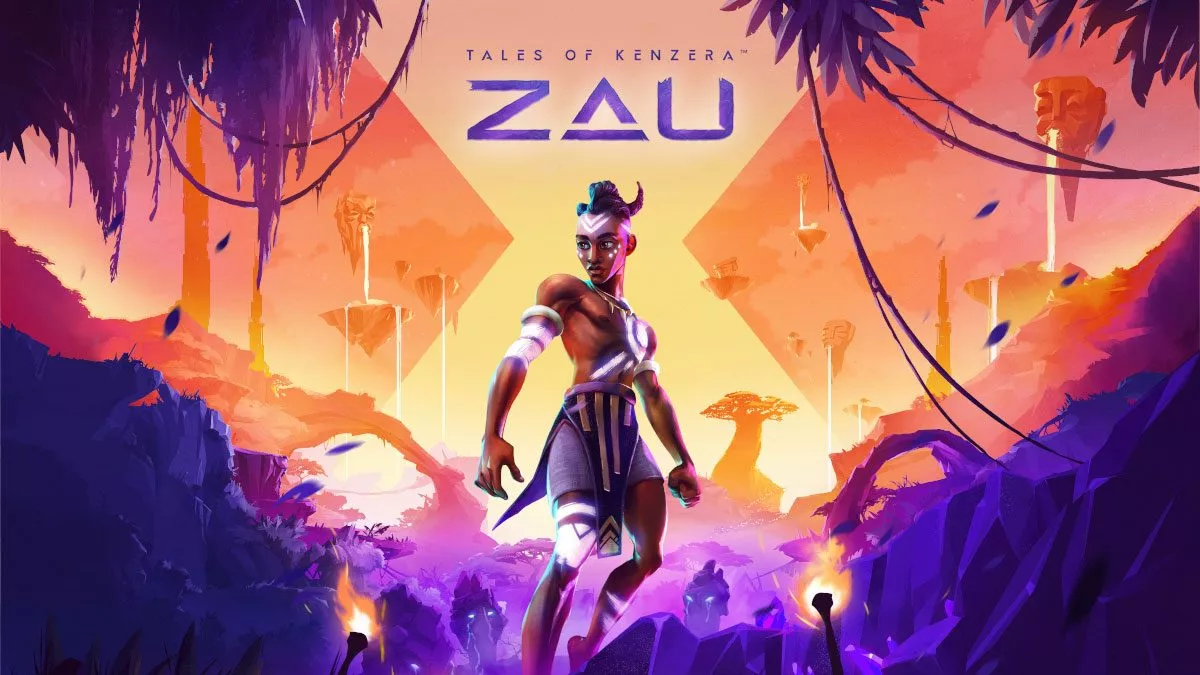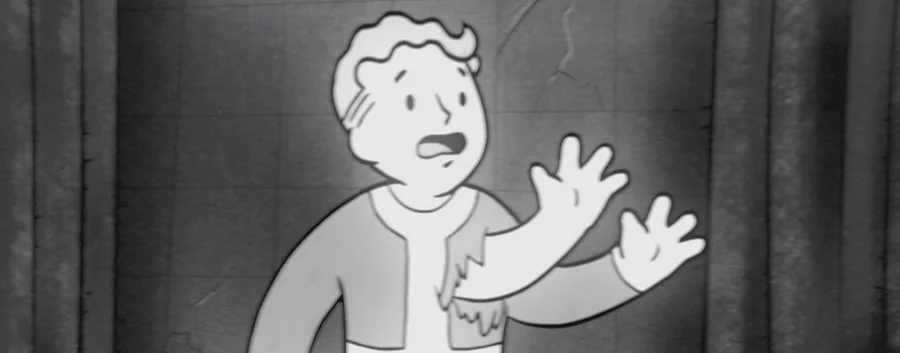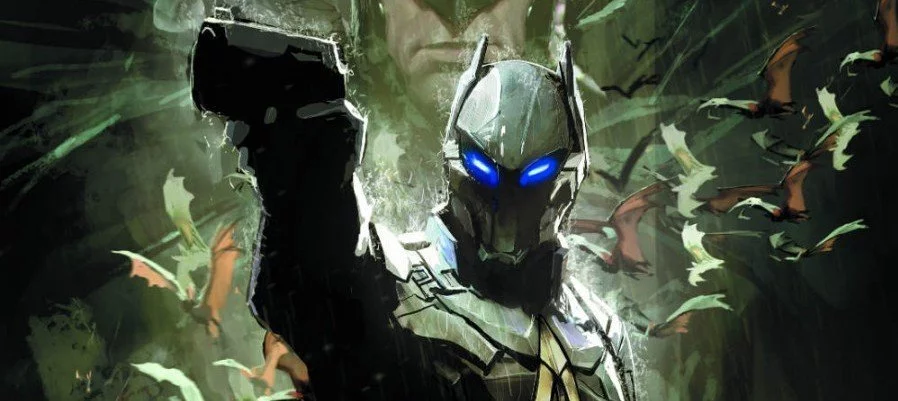Microsoft versus Sony, Battlefield versus Call of Duty and Forza versus Gran Turismo. These are some of the rivalries that can get people talking about console wars. “Game On or Game Over” is your place to get inside the minds of Nicholas and Andy as they seek to find the true meaning of gaming and tackle some of gaming’s most controversial subjects. Both are award winning authors – although the awards haven’t been mailed or created yet — but trust them. Would they lie to you?
Andy: Well here we are, entering October which means our wallets are about ready to be assaulted by purchase after purchase of the latest new release. It’s probably the best time of year to be a gamer, literally every genre is covered and publishers bring out their big guns (oh, and of course their hype machines). Personally for me there are about 4 or 5 titles I am really looking forward to, some I am curious about, and some I am planning on getting next year just because I won’t have time to play them when they release – I’m looking at you Tomb Raider.
With all the good and anticipation, there is a little talked about dirty side to some releases. I’m not speaking about the glut of games, or Day One patches that seem to be getting bigger and bigger. I’m talking about some games flat out not working the day of release, this mostly applies to online games or titles that have large online components. Maybe it’s just me, but it seems to be getting worse and worse as we go. Look at the Halo: The Master Chief Collection, I tried for several months to play with friends and only succeeded about a dozen times before I got so frustrated I traded it in.
It’s gotten to the point where I have heard people say something to the effect of “Oh, I’ll just wait to see if it works before I get it.” I can’t help but think, how are we to a point in this console generation; of gaming in general, where gamers should wait to see if a game “works” before we buy it. Tony Hawk’s Pro Skater 5 released last week and by early accounts is an utter and complete mess, so much so the initial patch is larger than the game itself. With the budgets of these games, marketing and all that goes into them how are we still having problems with servers and overall just a game “working”? I know we have talked before about gamers being entitled and making more of an issue than some things warrant, but if I spend $60 USD on a game I think it is right to expect it to work, is it not?
Nicholas: It’s a really interesting one isn’t it? You expect some titles to have some launch issues or be a bit buggy because the developer mightn’t have had the mega-funds to throw at it, but the problem is that it’s affecting major AAA titles too. I too have heard that Tony Hawk’s is a letdown to say the least and that’s unfortunate, but when I think about it in the leagues of the upcoming Halo or the recently released Forza Motorsport, it’s a small-fry. That said though, we only need to go back as far as a few months to recall what a disaster Batman: Arkham Knight was at launch. With the backing of Warner Bros. and the reputation that follows the franchise, there is no excuse how it could have shipped (for the PC) in such a bad way.
Funny that you mention the quote of “oh, I’ll just wait to see if it works before I get it”, because that was exactly what my friend said to me when we started discussing the upcoming Assassin’s Creed title. I’ve not been the kind of person who has held back on a purchase because it might be ‘broken’, but I can completely understand now why some gamers think like that. It’s not like these were issues of the last generation, they’re happening (and recently) in this one.
There’s a distinction between gamer entitlement, where gamers are expecting more than what they are technically owed (that is, a functioning game), and then being frustrated when you get shafted for spending money on a product that doesn’t work. At this point, what we’re seeing is not the former, but most certainly the latter. Tony Hawk’s, Assassin’s Creed: Unity, Batman: Arkham Knight and Halo: MCC are all examples of games where they don’t perform the sole function of what a game has to do – work. Before we sink our teeth into this, why do you think we’re seeing this happen? Especially as you mentioned, so far into the lifecycle of gaming?
Andy: Before I really dig into the meat of your question, I just have to express some disappointment with your second sentence. “You expect some titles to have launch issues.” I cannot express my level of hate for that sentiment. Sadly, it’s one shared by many gamers. Maybe it’s the old school gamer in me, maybe it’s my work ethic or maybe it’s something else I just haven’t thought of but I just can’t see how it’s OK for a game to have issues and not work on launch. Is it really that much to ask that a game just work on its release day? Why should we be to the point of expecting problems?
To answer your question, I would like to give the developers the benefit of the doubt and say it has something to do with the new hardware, but that’s not the case because the issues are happening on PC, 360 and PS3 as well. It’s not just the new current generation systems. Maybe we could say it has something to do with a new game engine, but that’s the not case either because this is an issue that spans almost every publisher to some extent or another. Maybe we can chalk it up to developer inexperience… nope can’t do that either from 343 Studios to DICE even the big guns have had issues.
If I was a betting man and had to pinpoint one thing, I would say a large part of it is probably publishers pushing deadlines so hard. If you think about it, pushing a game out with all the development milestones it just seems to reason that something has to slip through the cracks. With the budgets these big games have; from paying the developers and the marketing budget, I can imagine they are always trying to trim and save where they can. Maybe QA is one of those areas where a super tight deadline isn’t always the best solution. If developers are routinely pushing out games that don’t work something obviously needs to change in the process. Maybe the answer is more beta access for gamers, I mean gamers have proven to be willing to play betas and there is no better way to generate a lot of gameplay data than to put it out in the wild.
Look at the recent beta for Rainbow Six: Siege. Ubisoft extended the beta twice, and (at least in my opinion) seemed really receptive to player feedback, and trying to understand issues they were having. This is especially important with it being an online game where matchmaking is paramount. Time will tell if they implement any of the fixes, but it sure sounds like they will. In a game like that though, there is no way an internal beta can catch everything that the number of beta participants can do. Is that the answer for a lot of these issues? Having more beta access? If developers/publishers have proven that broken gamers are still going to get out, how can they seek to cut down the crippling issues that some games have had?
Nicholas: I suppose I should rephrase what I said it my first response. It’s not to suggest that some games won’t work – like I said, at the very least all games should at least function correctly, but if there’s a slight glitch when an NPC or two are walking mid-air or something non-gaming breaking then I’m OK with it. It would be fantastic and ideal that all games are released without flaws and run perfectly, but realistically I understand that it’s impossible for a company to test every since facet of their game. Releasing a game though where the fundamental elements don’t work however is completely unacceptable.
I agree with you that it’s perhaps the push to meet strict deadline that results in so many of these games being half-finished, and I think the most effective way to test and try break a game is to get the public to play it themselves, but I always feel like it’s the half-arsed or easy way out of game testing. Is it the best option to ensure a better game? Yes. Is it something the developers should do themselves and not rely on the (unpaid) hours of gamers? Yes. This is my only gripe if we start shifting the responsibility to gamers – it’s almost like the publisher aren’t bothered and place it on consumers to fix. Your game crashed and it doesn’t work properly? Blame your neighbour who didn’t stumble across the glitch during the beta.
With developers seemingly ditching shady practices like launch day DLC or micro-transactions, we asked what the next ‘bad’ practice out of the industry we would see. Is this the answer to that question? Is it developers placing the task on gamers to test their games and having a scapegoat of sorts to blame when the launch goes horribly wrong?
Andy: I didn’t mean you specifically, more so the general acceptance of gamers that when games launch there are bound to be some issues. It just seems like when we are talking in terms of a few bugs and glitches gamers have largely accepted it as part of the new game experience. Keep in mind I’m not talking crippling, game-breaking bugs. Whether it’s no iron sights when aiming down the gun, characters floating above ground, quests not activating properly or a host of other minor annoyances. That’s where the majority of my disappointment is at. That we have come to the point where we accept it, and wait for the next patch.
In terms of getting more betas out there, and getting more feedback I’m not sure I would classify it as being lazy. I would hope that they have already done a great deal of testing before they get to that point. Yet, at the same time as games get bigger and bigger and more complex, the QA testers just don’t have enough hours in a day to be able to really test every aspect, area or combination of skills/weapons, etc. Gamers are really good about finding those things, and like you mentioned they do it for free. If server strain is an issue getting a beta out there and really hammering it is the best way to find out what works and what doesn’t. Rainbow 6 Siege has already said they have learned some valuable information in regards to match-making and server side issues with their beta. So, that’s a good thing.
As much as I hate to admit it, in fact I’ll have to go get some mouth wash after I finish this, you raise a great point. So much so that I have to say… man this hurts to say this, I think you’re right. It makes sense too when you really sit back and think about it. Games not working, being glitched and having issues on launch isn’t something that’s really new, but it certainly seems like it is happening more and more often. I think we can all agree that due to the number of games this seems to happen to, it’s no longer just a coincidence. Maybe we have been too distracted by all those other, more visible, monetary issues. If we really think about it, a game not working on launch is probably the most expensive issue of the group. I mean what’s worse the option to buy $10-$15 worth of Day 1 DLC, the option to spend $5 or more on micro-transactions or, having a $60 paper weight until the developer can get a patch made, certified and rolled out to gamers.
We have talked about how quick gamers are to criticize things, spot shady practices and call them out and in general holding developers/publishers accountable when they do things that some of don’t feel are entirely needed. So, I have to ask, why is this issue different? And, to follow up on your point, how have we missed this as a real issue for so long?
Nicholas: That’s a really great question. It’s something we see brought up whenever there’s a massive disaster, but outside of that, it’s generally unspoken of. No-one ever asks a developer whether they anticipate launch issues, but gamers are quick to ask about micro-transactions and then either rejoice or complain if they aren’t or are included, respectively. Like you said, who cares if a developer puts micro-transactions in, it’s nothing in comparison to not being able to play your game properly or at all.
As for how we’ve missed it, I can only assume that it’s due to the fact that we’ve not seen massive issues with AAA titles until recently, but now it’s happened at least three times from different studios, it’s something we’re starting to take notice of. Games have never been perfect and you’ll find numerous videos of older games with glitch after glitch, but I can never recall buying the latest Super Mario title and not being able to play it. It was never as bad as AC: Unity or Batman: Arkham Knight. It really can’t get as worse as having that $60 paperweight, and at that point, it’s really hard for people not to notice.
When I was writing this paragraph I was initially going to write “whenever these situations arise the developer offers a free DLC pack or a game and then it’s like it never happened”, but the more I think about it, the more I’m wondering if it’s true. Ubisoft have coped a lot of flak because of Unity and I wonder whether they’ll see a slight downturn in revenue for their upcoming title because gamers are sceptical. What are your thoughts on this? Are gamers less forgiving now that these issues are starting to become a little more common, or do you think a peace offering is enough for most to forgive and forget?
Andy: I can answer one part of your question, Ubisoft will see at least one less sale for Syndicate. I literally had nothing but problems with Unity, I was never able to play co-op with a friend. I had several bugs and glitches, one kept exiting out to the dashboard every half hour or so and the whole multiple coloured chests to get you to register for different accounts and what not ruined the game for me. It’s a shame too, because I used to love the series. Now, it ranks right up there with Call of Duty in terms of annual franchise crap that keeps getting churned out. I would hope others speak with their wallets and say enough is enough, but that’s not my choice to make.
I’m not sure if gamers are necessarily less forgiving, I mean if you really look at it the vast majority we have been really patient with most things. We’ve accepted launch day issues, we’ve accepted overpriced DLC, we’ve accepted micro-transactions and we’ve even accepted subpar games and content. All in the name of supporting the industry and just being a gamer. Sure there have been people that have complained about each of those, but for the most part gamers have still supported those games. I think the thing that is pushing more and more gamers to say enough is enough is the fact that we are seeing games have more and more of those things in them. Look at Arkham Knight – the PC issues were a disgrace, add to it the really weak DLC and it’s understandable why gamers are upset. I think we are past the stage where a simple DLC will appease the gamers for the issues we have with an individual game.
As we come to the close of another week though I wanted to get your final thoughts on this. We, as gamers, have been willing to accept a lot of things with not a whole lot of pushback from us. Do you think we are finally reaching a point where more and more gamers will draw a line in the sand and say enough is enough? Enough with the shady practices of squeezing more money from us, enough with 15 minute long DLC that costs $7 USD (or more) and enough releasing a game that is fundamentally broken or vastly different from what was promised and advertised? Do you think this will gain as much traction as I hope it will?
Nicholas: I think it depends on whether developers are serial offenders or not. I don’t think you’re alone in skipping Syndicate because the issues with Unity were too severe (combined with the general disappointment that you hear about most Assassin’s Creed games over the years). The thing is, most developers seem to stuff up, apologise and then at the least, release something decent before falling back into old habits. What I mean is, I’m sure 343 won’t muck up Halo 5 like they did the Master Chief Collection. Warner Bros. aren’t going to repeat the same issues with whatever the next Batman game will be. For me, this is their saving grace. I think gamers are willing to give developers and publishers a second go as long as they don’t make too many mistakes consecutively.
Then again, I think I might fall into the other basket of gamers who are gullible to give them all another chance if it’s a franchise I really like. I’ve been scorned by Assassin’s Creed and Need For Speed in the past, but I really love both franchises and there are too many great titles from both that mean I’ll likely be loyal for as long as Ubisoft and EA want to keep them going. I’m also worried that if I do skip one, that it’ll be the next ‘best’ instalment and it’s not an experience I’ll give myself the chance to experience.
At the end of the day I think gamers like yourself are perfectly logical in deciding that enough is enough with some franchises and publishers. For me, I’ll make sure I let you know what I think of Syndicate in a few weeks’ time.
Tune in next time for the next instalment of Game On or Game Over. If you have any ideas for our next article, feel free to contact Andy or Nicholas on Twitter.
This article may contain affiliate links, meaning we could earn a small commission if you click-through and make a purchase. Stevivor is an independent outlet and our journalism is in no way influenced by any advertiser or commercial initiative.


